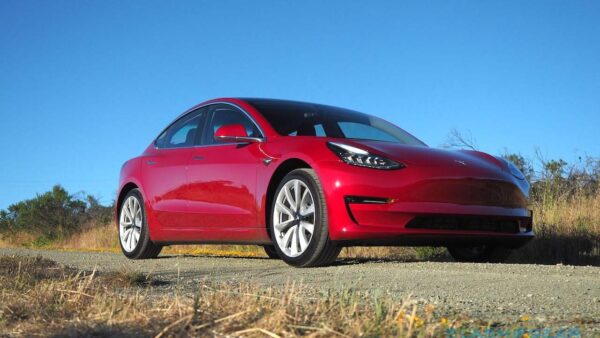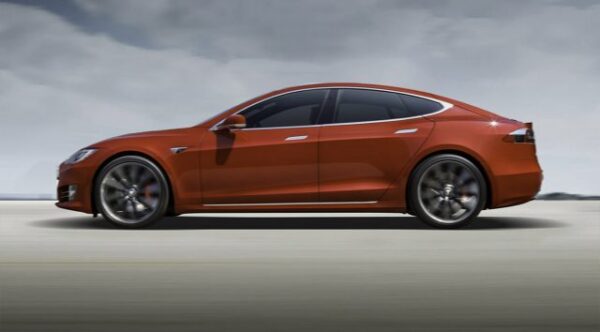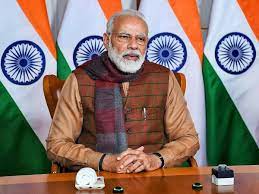Earlier this year, Ford India has decided to end its plans with Mahindra to cut costs to develop and produce vehicles for emerging markets.
Months after ending its ties with Indian vehicle manufacturer Mahindra and Mahindra, Ford is now planning to figure out what its future would be in one of the biggest auto markets in Asia. The US carmaker will now chalk out its plan on investments in India later this year.
Facing losses, Ford has deputed one of its senior executives to evaluate the carmaker’s investment in the country. The company issued a statement saying that Steven Armstrong has been appointed as the transformation officer for both India and the South American market.
“We have a lot of work to do as we continue to assess our capital allocations in the market,” Dianne Craig, president of Ford’s International Markets Group (IMG), wrote in an email referring to India. “While we expect to have an answer in the second half of this year, the appointment of Steven…will help focus our efforts and speed up the process,” it read.
This step means that Ford India Head Anurag Mehrotra will report to Armstrong who will oversee img’s work in India. According to Ford, India is an important market and a global powertrain source for the SUV Ranger.
In October 2019, Ford and Mahindra had said they would form a joint venture in India in a move to cut costs for developing and producing vehicles for emerging markets. However, by the end of 2020, the two automakers has decided to end the joint venture for several reasons.
Ford was reportedly working on three SUVs in collaboration with Mahindra. One of them was a compact SUV, to be built by Mahindra based on the platform of the new XUV7.
Although in India for 25 years now, Ford has failed to gather a significant share in the passenger vehicle segment. With about 2 percent of the shares, Ford is not the first US car maker to fight in the Indian market ruled by Maruti Suzuki and Hyundai Motor. Previously, General Motors and Chevrolet faced a similar fate, with GM finally called Indian operations four years ago. Harley Davidson is a US-based vehicle manufacturer who has decided to contact India’s operation last year after failing to get a foothold.
After calling off the venture, Ford is now left with only two choices – bring its cars from global portfolio to India and try its luck, or develop cars for India all by itself. The second option can only become viable for the US carmaker if it can localise manufacturing to a large extent.












![Have you been encountering the [pii_email_2c5d108980d117c8ca52] error while trying to send or receive emails using your Outlook account, you’re not alone. It’s a standard Outlook error that sometimes gets triggered thanks to network connectivity issues. However, several other factors also can cause you to run into the said error. The good news is that you simply can troubleshoot this error by yourself. during this guide, we are getting to mention various factors that cause the PII error and what methods you'll utilize to repair it. So, with none further ado, let’s start . What Causes the [pii_email_2c5d108980d117c8ca52] Error in MS Outlook In general, the error occurs when MS Outlook fails to determine a secure reference to the e-mail server. But, as we mentioned earlier, there are many other reasons which will trigger this error also . a number of these reasons include: Your device isn't connected to a lively Internet connection Your Outlook profile has been damaged thanks to external factors There are incorrect antivirus configurations on your PC FIles on your POP3 server are damaged How to Fix [pii_email_2c5d108980d117c8ca52] Error So, now that you simply know what triggers the [pii_email_2c5d108980d117c8ca52] error in Outlook, let’s take a glance at the solutions that’ll assist you fix it. Also examine the way to fix outlook [pii_email_316cb5e2e59f1ce78052] error Check Your Internet Connection Since a poor network connection is that the primary explanation for the error, start by checking your Internet connection. confirm that your device has active Internet connectivity. you'll try accessing other online services to ascertain if the web is functioning or not. Change Antivirus Configurations If you've got recently installed an Antivirus program on your PC, it'd be configured to automatically scan emails. If that’s the case, the Antivirus will restrict the Outlook app from functioning properly. So, confirm to vary the Antivirus Configurations by disabling the “Email Scanning” feature. Reinstall/Update Outlook Reinstalling or updating Outlook to the newest version is yet one more effective thanks to fix the [pii_email_2c5d108980d117c8ca52] error. When you’ll reinstall the app, all the damaged temporary files are going to be deleted and therefore the root of the matter are going to be eliminated also . Clear Unnecessary Emails from Outlook Folder If your primary inbox has too many unnecessary emails, they’ll cause bandwidth issues. this is often the rationale it’s always advised to clear the unnecessary emails from your Outlook folders. While you’re at it, confirm to clear the Trash also . this may help your Outlook app to deliver optimal performance. Conclusion So, if you’ve been encountering the [pii_email_2c5d108980d117c8ca52] error for a short time now, the above-mentioned will assist you fix the matter . Follow these tricks and access your Outlook account with none hassle.](https://tomtomworks.com/wp-content/uploads/2021/09/How-to-fix-outlook-pii_email_2c5d108980d117c8ca52-er-200x200.webp)

![How To Fix [pii_email_71e6bcfa8a2bee2aa151] Erro](https://tomtomworks.com/wp-content/uploads/2021/09/How-To-Fix-pii_email_71e6bcfa8a2bee2aa151-Erro-200x200.jpg)



